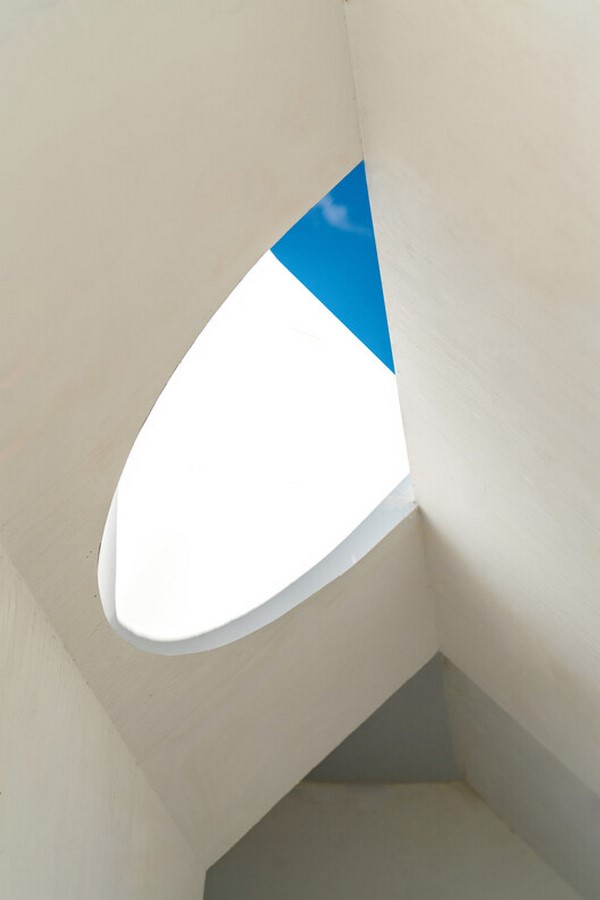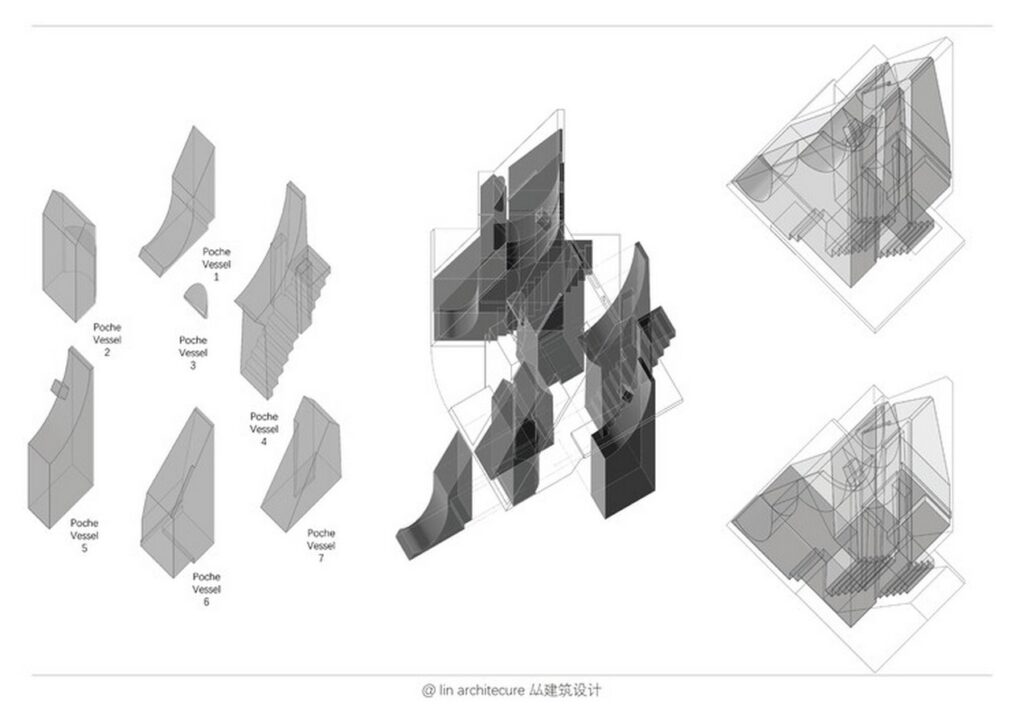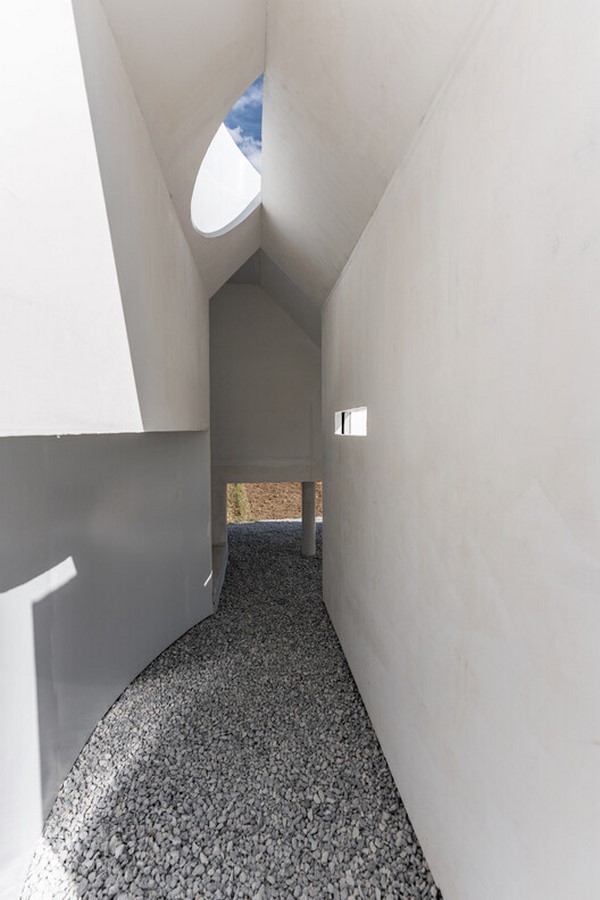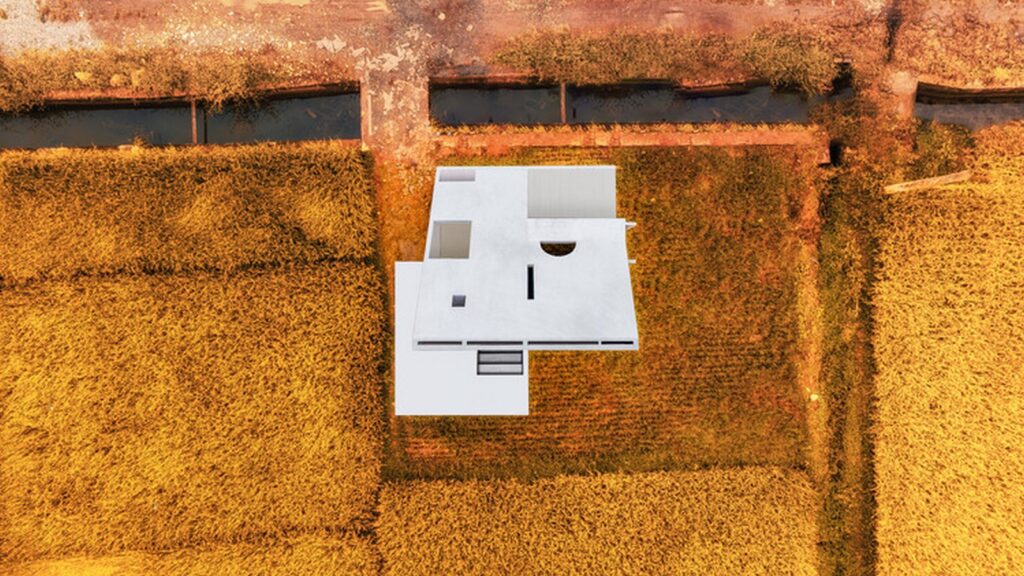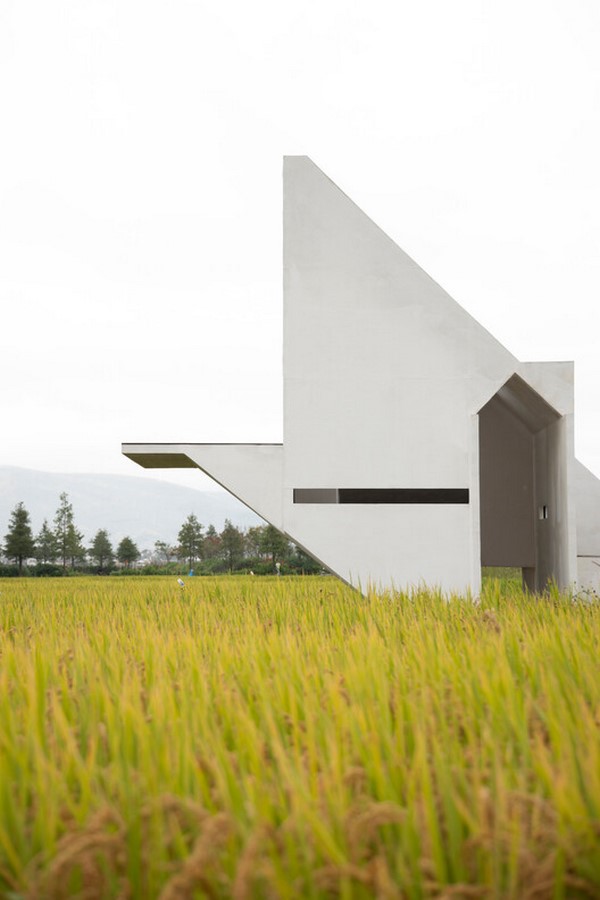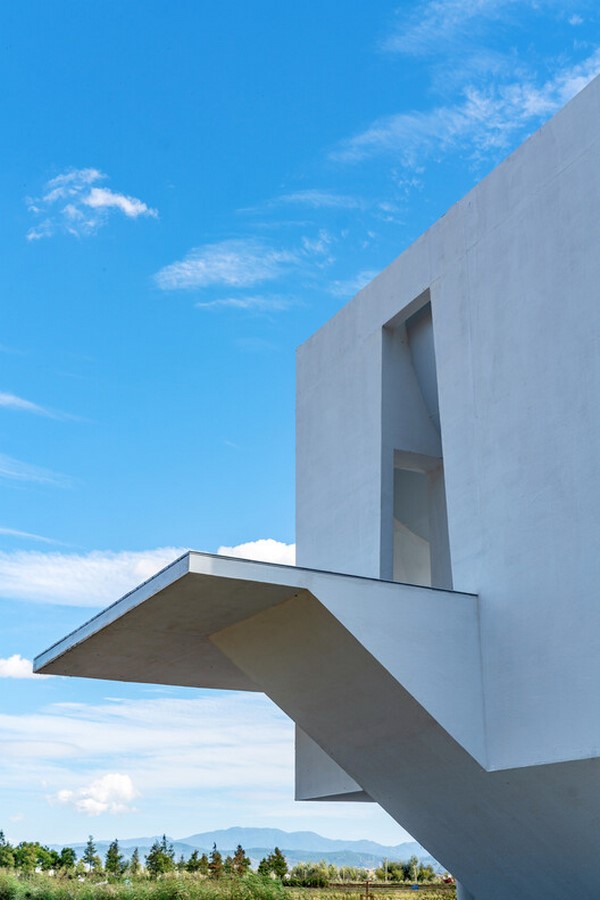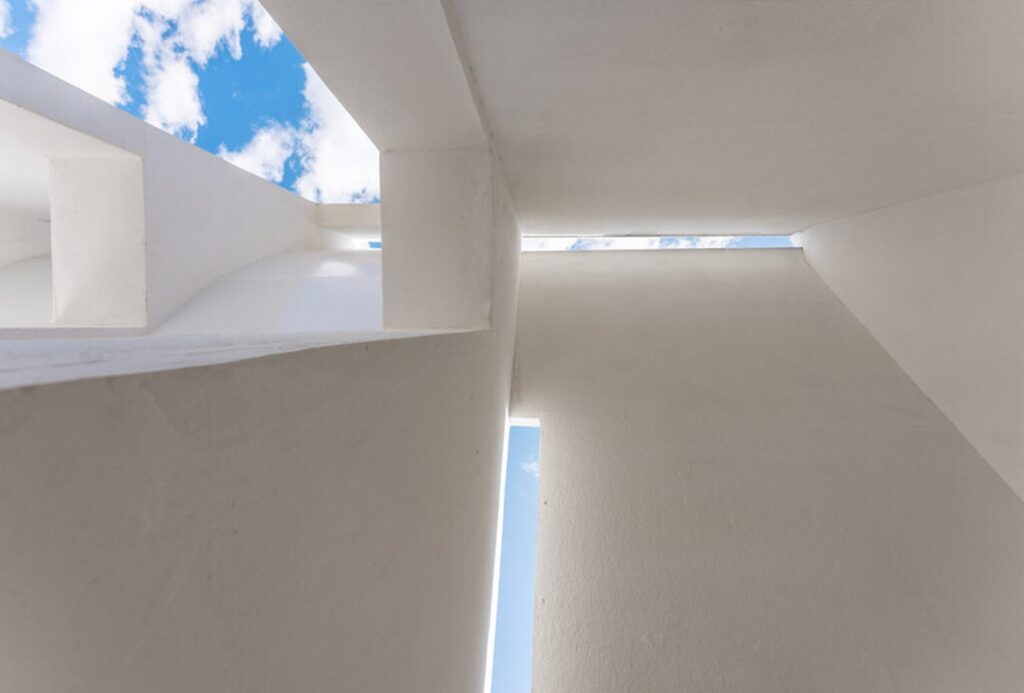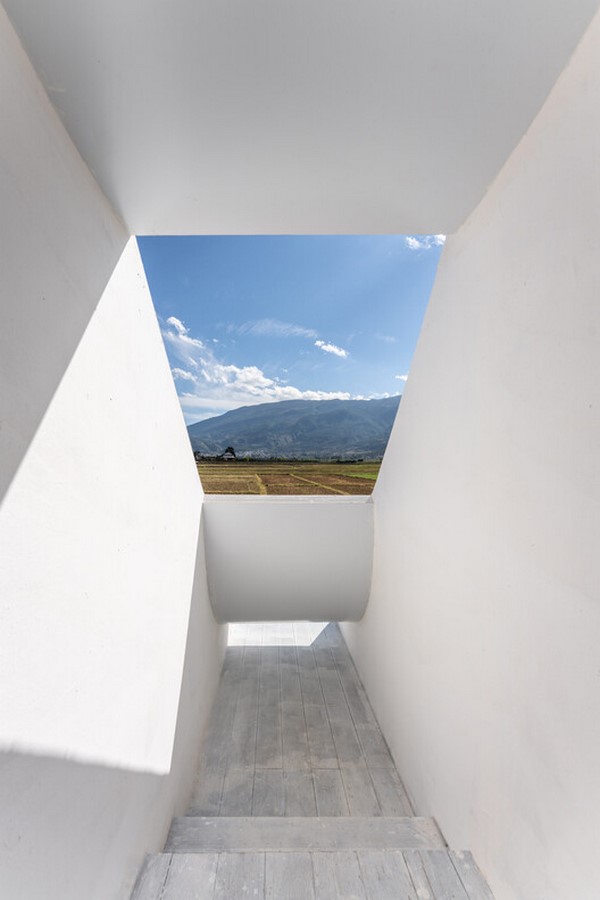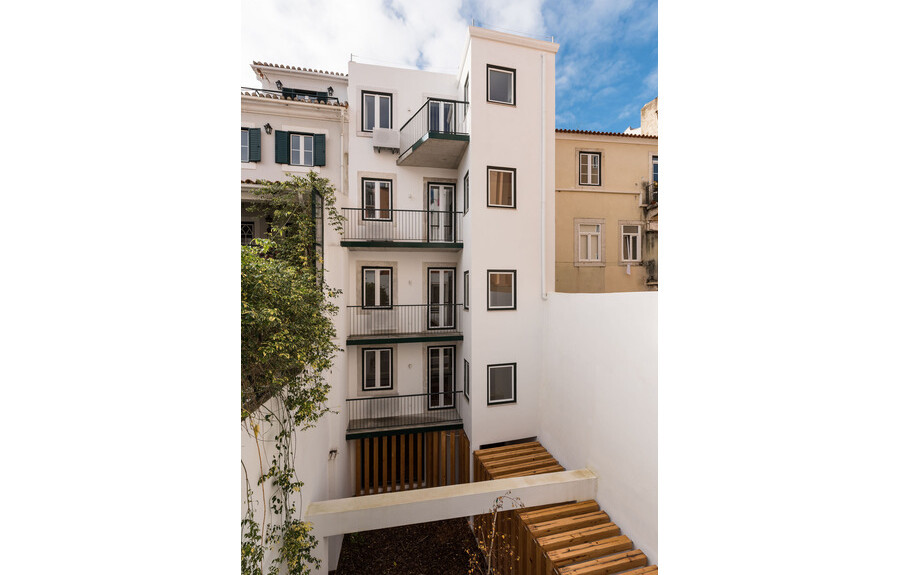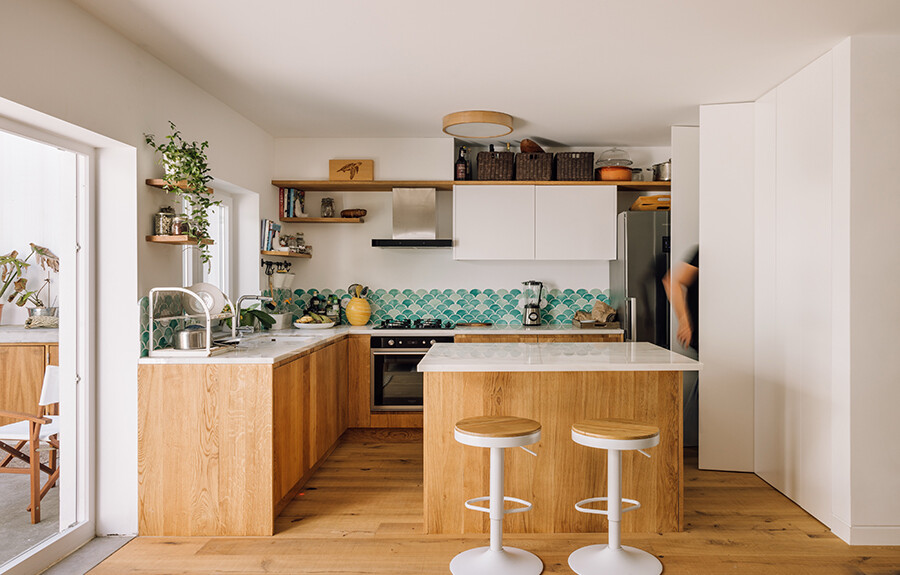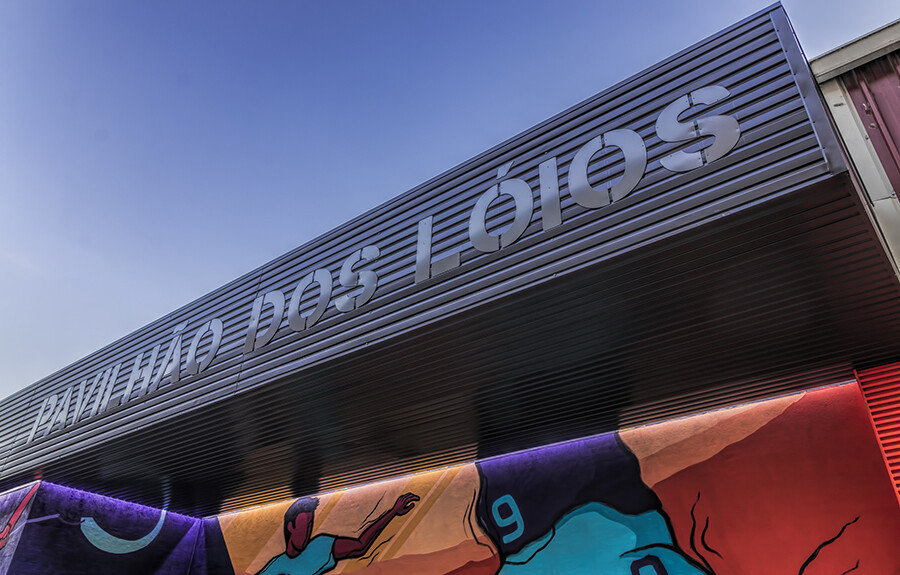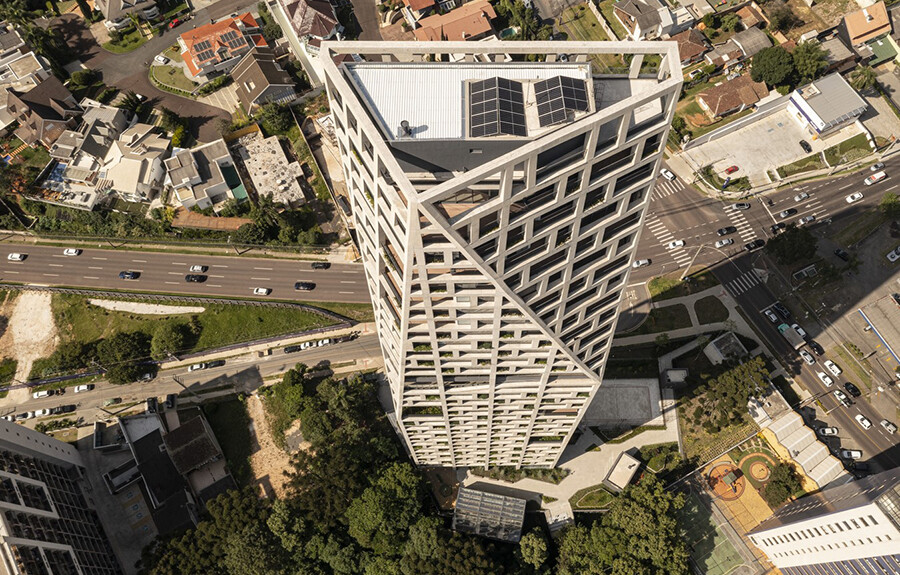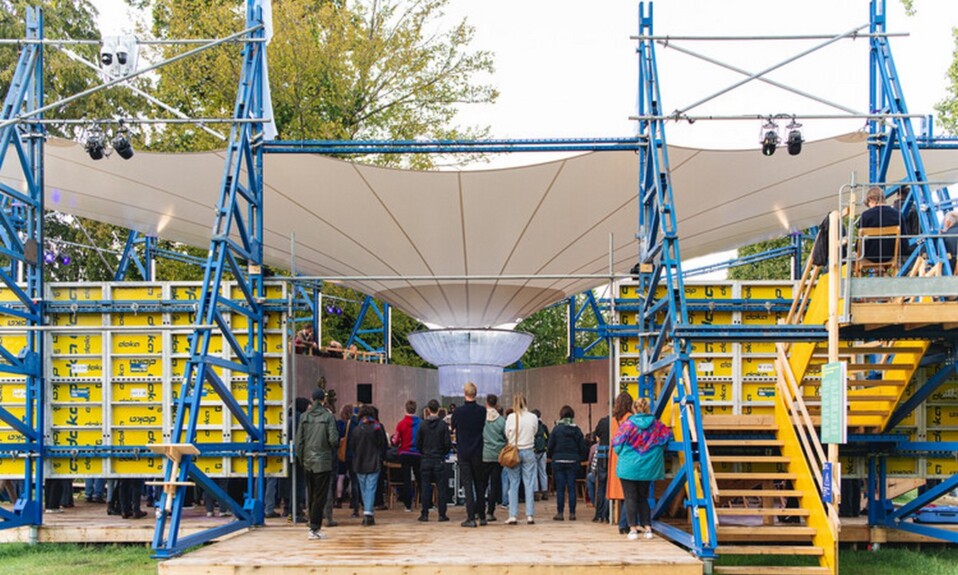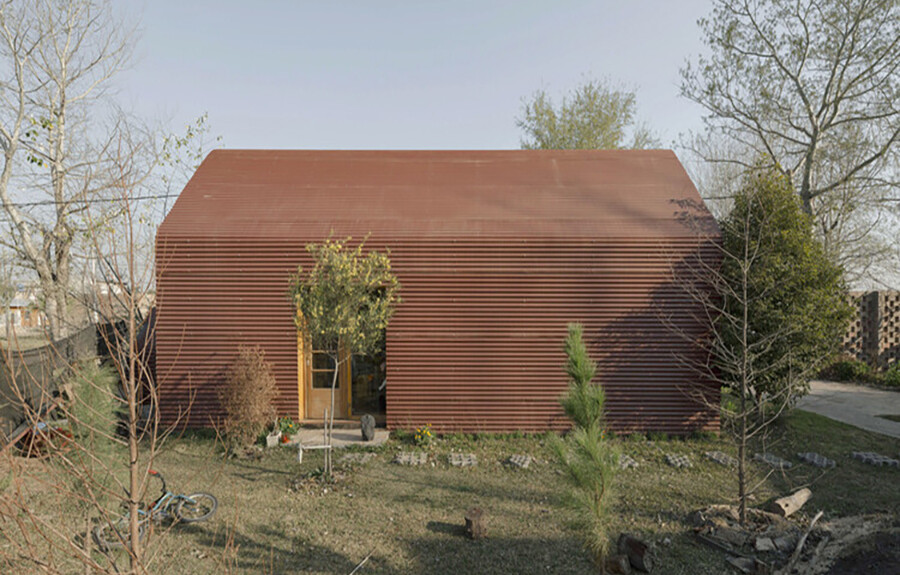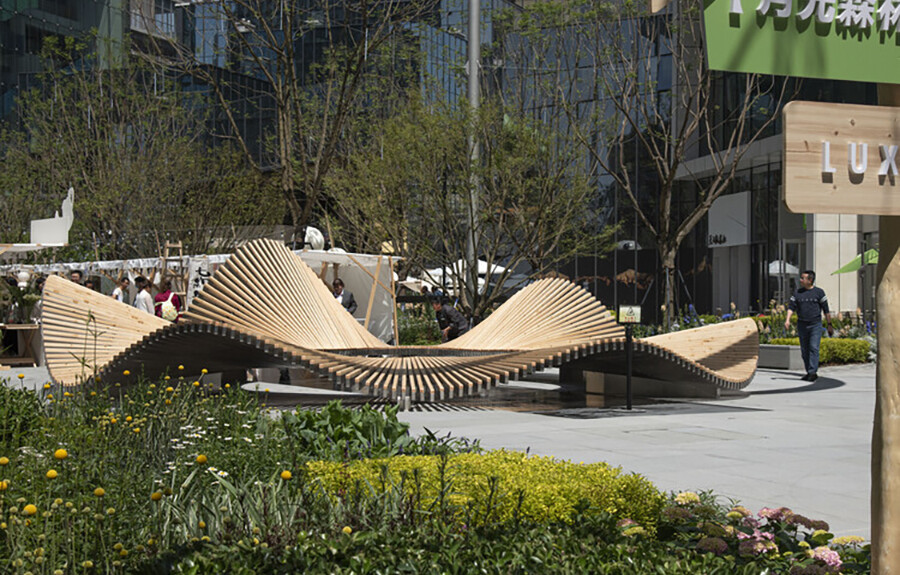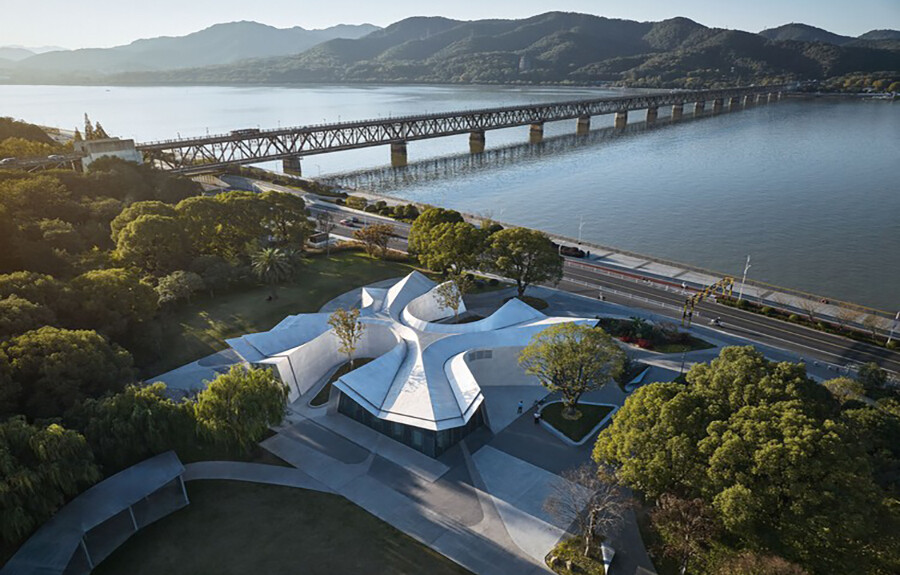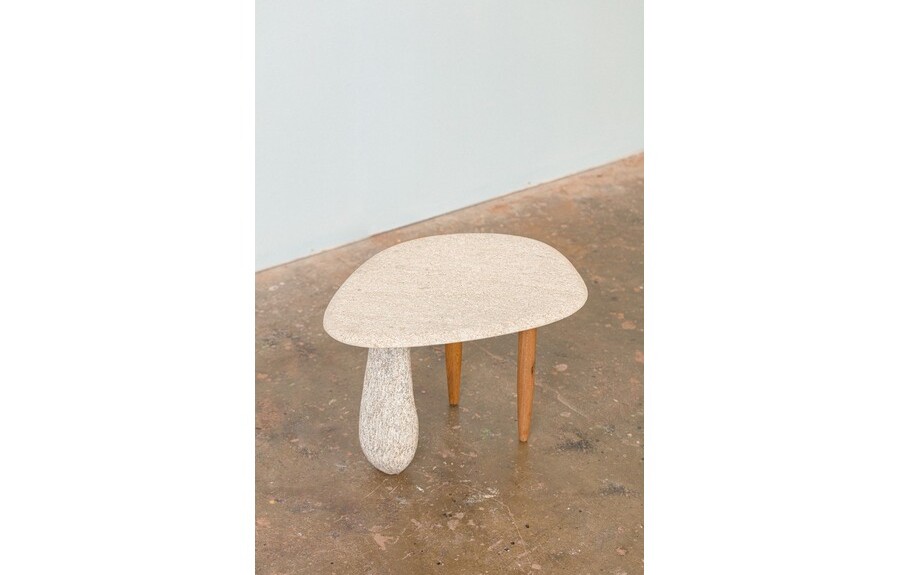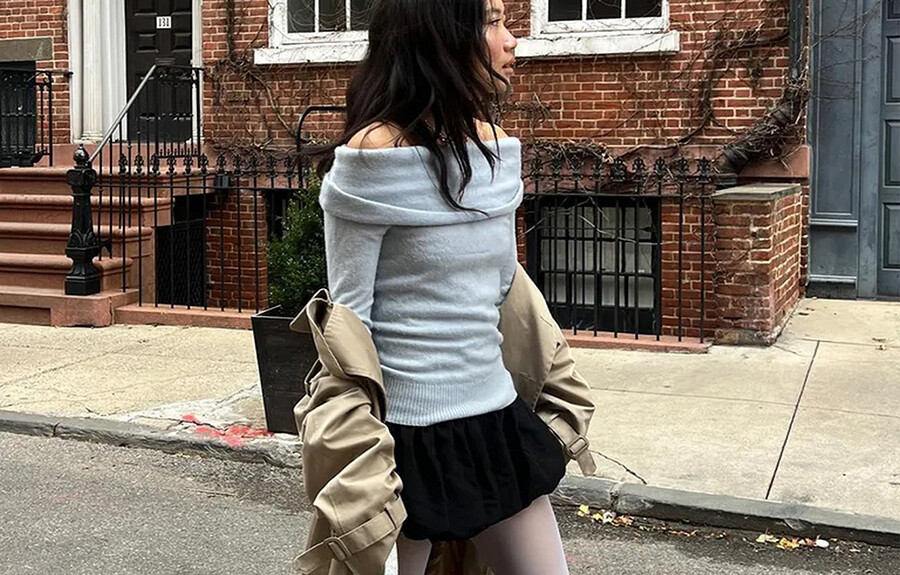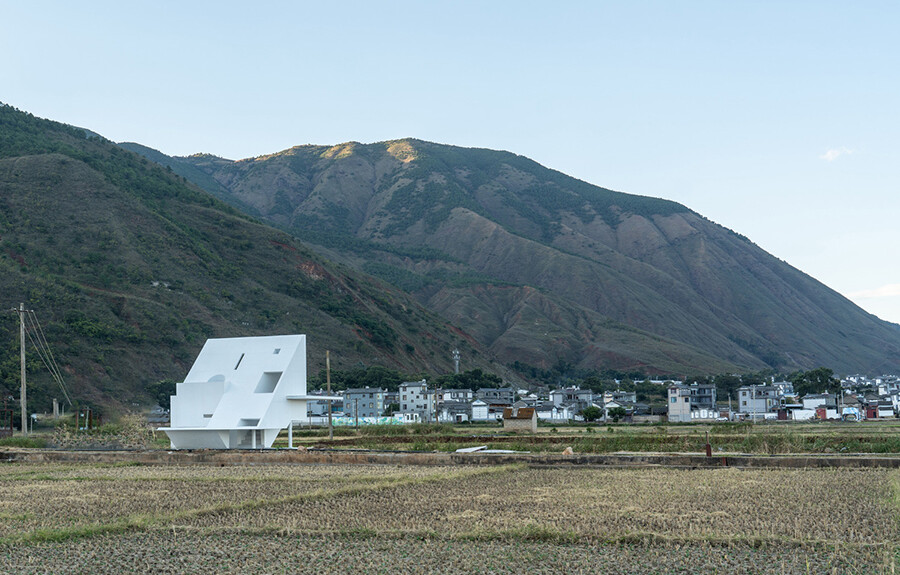
In the outskirts of Eryuan Botou Village, nestled in the serene countryside of Yunnan, China, stands the Concrete Pavilion—a testament to architectural ingenuity and rural rejuvenation. Designed by LIN Architects, this pumping station transcends its utilitarian function to become a harmonious blend of tradition, symbolism, and contemporary design.
Embracing Rural Identity
Surrounded by picturesque landscapes of rolling hills and rice paddies, the Concrete Pavilion integrates seamlessly into its natural environment. It serves as a vital node in the village’s infrastructure, providing water and electricity while also symbolizing a new chapter in rural development.
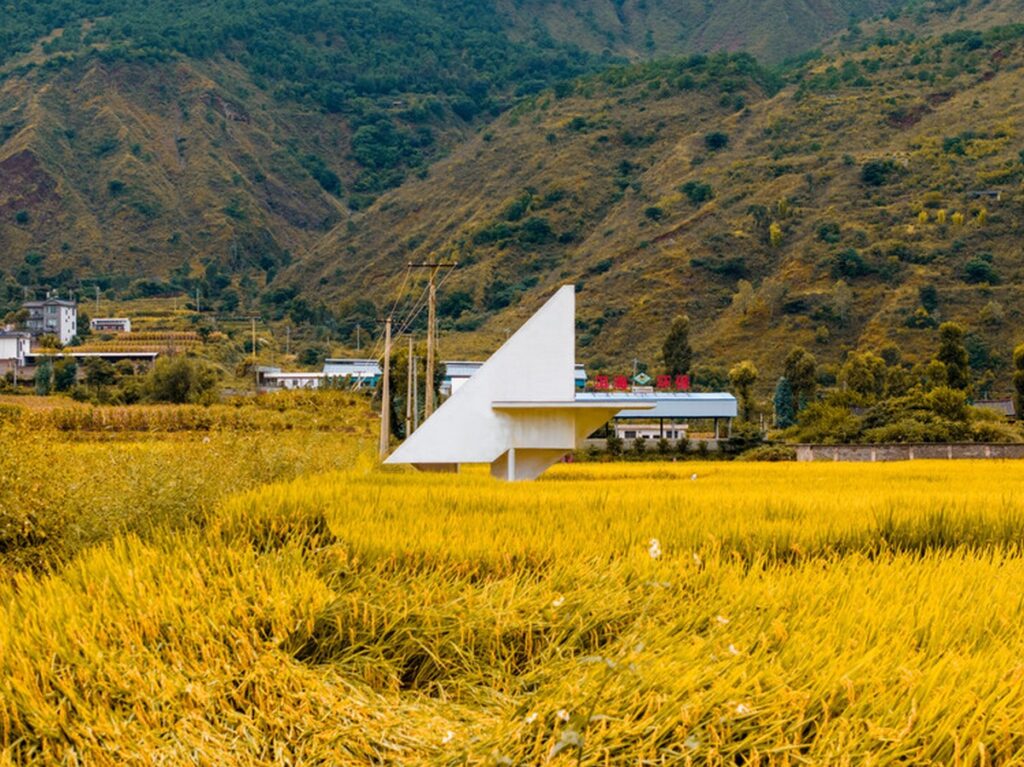
Multiplicity of Meanings
The Pavilion’s design reflects a deep understanding of its context and purpose. It embodies multiple identities, serving not only as a functional facility but also as a cultural symbol and communal space. Through innovative design elements, such as sloping roofs, shadow walls, and suspended platforms, the architects pay homage to the traditional architectural language of the region while infusing it with modern sensibilities.
Symbolism in Architecture
At the heart of the design philosophy lies a profound engagement with symbolism. Drawing inspiration from local cultural elements, the Pavilion becomes a canvas for storytelling and metaphor. Its form and layout invite dialogue with the surrounding landscape, creating a dynamic interplay between built environment and natural beauty.
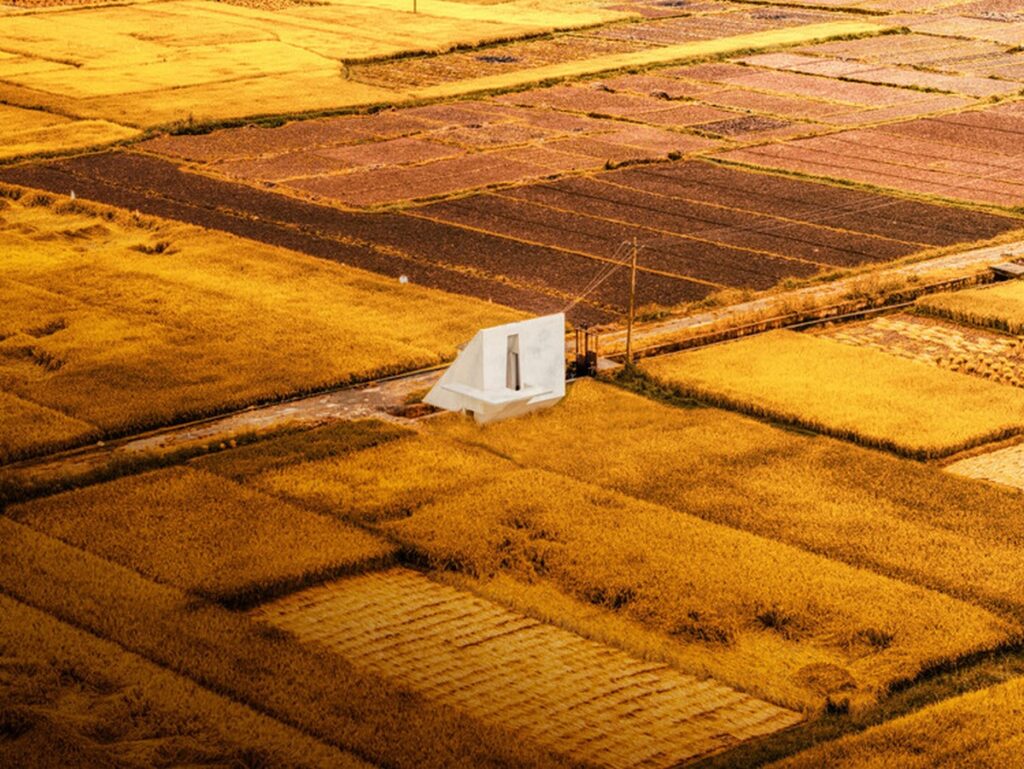
Dynamic Spatial Experience
Visitors to the Pavilion are treated to a sensory journey through space and time. From the static grandeur of the exterior form to the fragmented interior spaces, every aspect is carefully curated to evoke a sense of wonder and exploration. The play of light, shadow, and materiality adds depth to the architectural narrative, inviting contemplation and reflection.
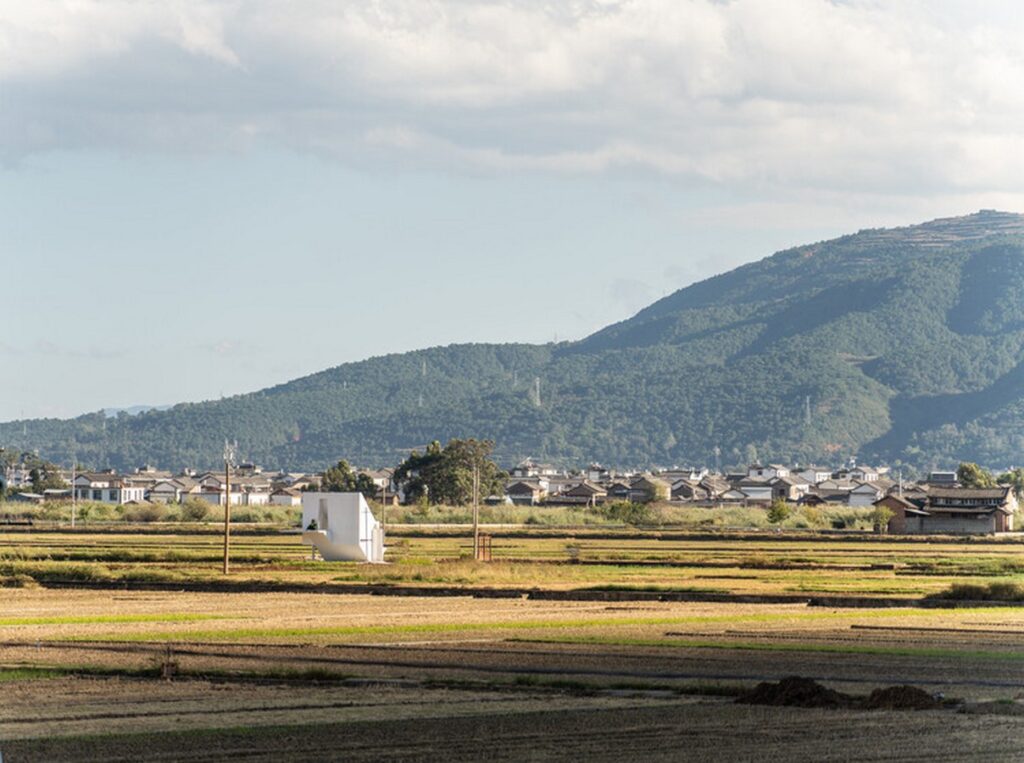
A Canvas for Nature
As seasons change, so does the Pavilion’s appearance, becoming a living canvas for the elements. Whether bathed in sunlight or drenched in rain, its steel and concrete structure reacts dynamically to the environment, embodying the resilience and adaptability of rural life.
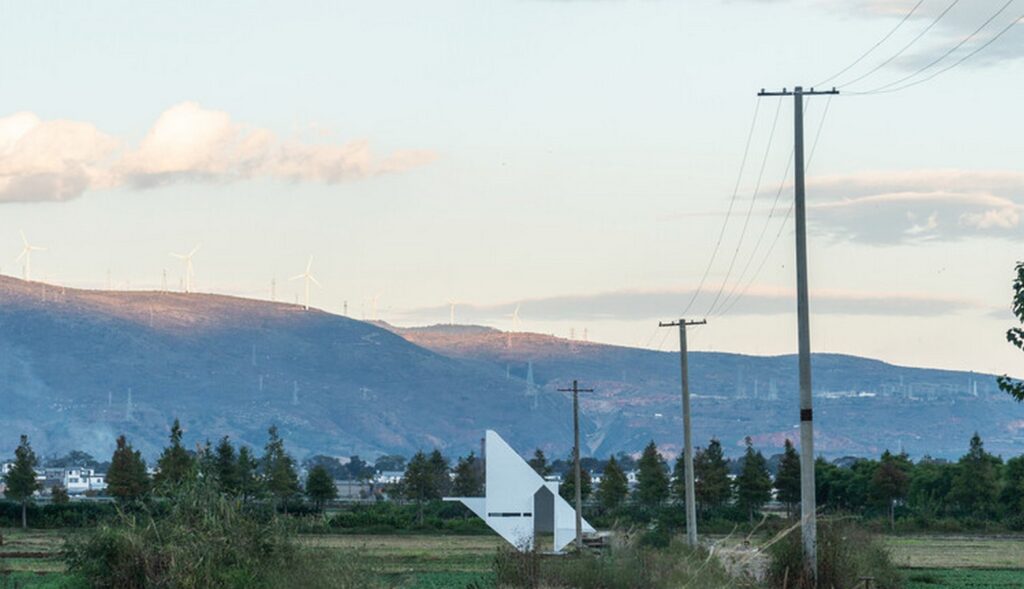
Sustainable Design
In line with its rural setting, the Pavilion incorporates sustainable materials and construction techniques. The use of steel and concrete not only ensures durability but also minimizes environmental impact. By embracing local resources and vernacular wisdom, the architects have created a structure that is both timeless and forward-thinking.
Conclusion
The Concrete Pavilion stands as a beacon of innovation and inspiration in rural China. More than just a pumping station, it represents a vision for sustainable development and cultural renewal. Through thoughtful design and meaningful engagement with its surroundings, it celebrates the beauty of Yunnan’s countryside while paving the way for a brighter future.


